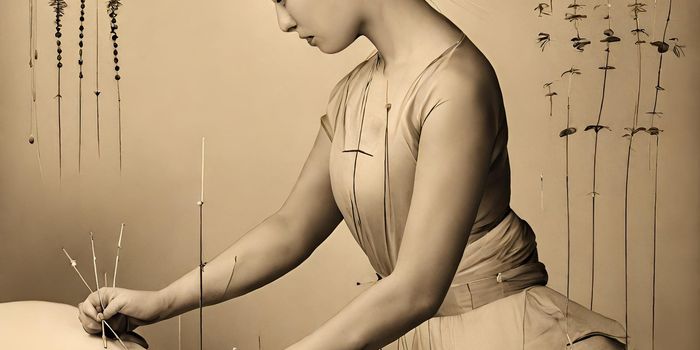A Chinese company recently laid claim to being the first to successfully implant 3D, synthetically printed blood vessels into monkeys. Such breakthrough is predicted to pave the way for more 3D printed therapies for patients with cardiovascular diseases in the future. Furthermore, scientists hope the success of these synthetic blood vessels will provide a key puzzle piece in the development of 3D printed organs.
Located in the Sichuan capital of Chengdu, an up-and-coming hub for many start-ups, Sichuan Revotek is convinced of the potential of 3D printing in biomedicine. Last year, the company developed “the world's first 3D blood vessel bio-printer” for the purpose of producing “personalized functional organs.” This year, they’ve applied the technology to produce blood vessels that can survive after transplantation into an animal.
Sichuan Revotek credits the recent success to their patented type of bio-ink, known as “Biosynsphere.” This “ink” mixture consists of stems cells that came from the monkey’s fat tissues. In addition, the mix has a proprietary blend of growth factors and nutrients that not only keep the stem cells alive, but promote growth and attachment of these cells to the animal’s biological structures. Because the stem cells came from the monkeys’ own fat cells, the risk of rejection is lower.
In experiments, Chinese scientists implanted a 2-centimeter 3D-printed blood vessel in the abdominal artery of 30 rhesus monkeys. Within 5 days, the stem cells had differentiated into endothelial cells and smooth muscle cells, which are characteristic cells found in healthy, functioning blood vessels.
Over the course of a month, the progress was even more remarkable, as the scientists reported the integration of the 3D vessels with the monkeys’ own arteries.
This study is "the first to have maintained the viability of the cells with the 3-D printing technology," said James Kang, chief scientist and CEO of Sichuan Revotek. "And the bio-ink's capacity to develop collagen, a necessity for the tissue to mold into different shapes, is the first of its kind," he added.
Bolstered by their success, the company is seeking approval for testing in human clinical trials. “The tissues we implanted will have mingled with the original ones and grown into a regular vessel,” said researcher Kang Yujian. “This is unprecedented.”
But while other experts are also impressed with this innovation, some caution that more time is necessary to understand the stability of these 3D printed vessels. And this may take years to know. Nevertheless, Sichuan Revotek’s achievement represents an important step in 3D printed biomedicine.
Additional sources: CNN, 3DPrint, Xinhua News
-
MAY 07, 2024Is It Anti-RNP or Anti-Sm/RNP?
- See More
-
APR 30, 2024Immuno-Oncology Virtual Event Series 2024
-
MAY 07, 20243rd International Biosecurity Virtual Symposium
-
JUN 06, 2024The Future of Scientific Conferencing
- See More


















































